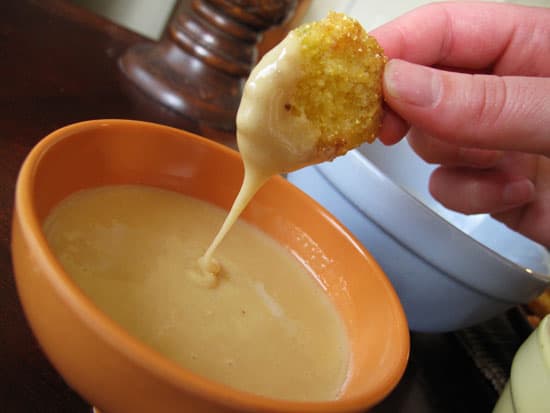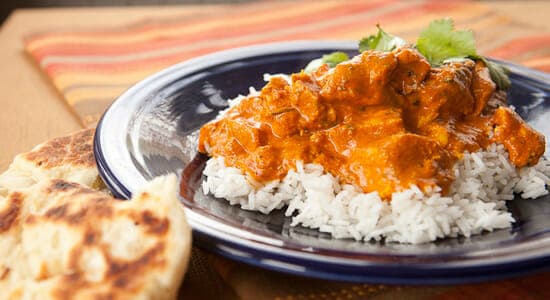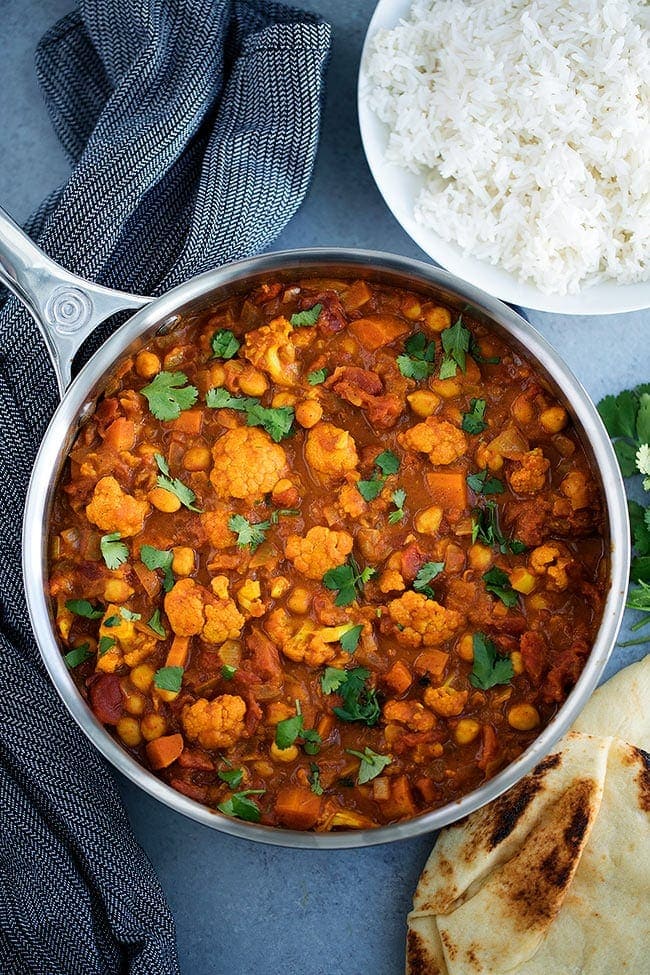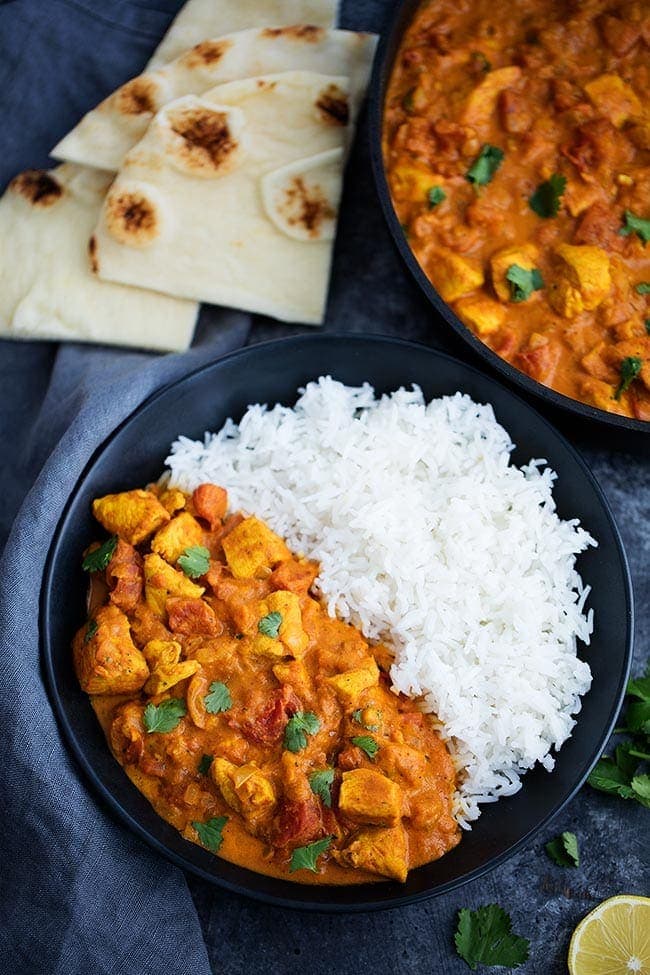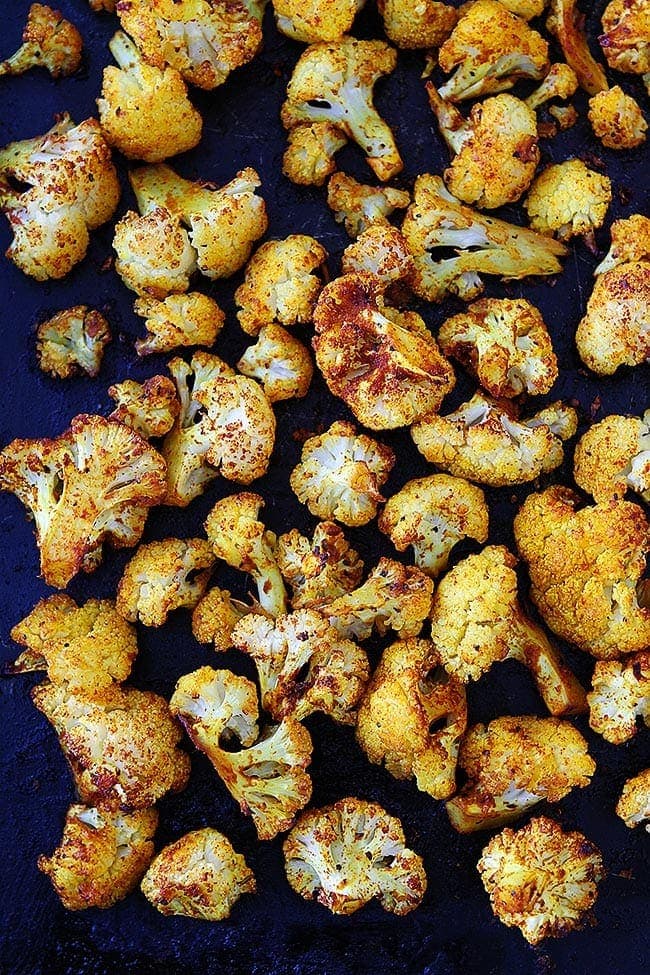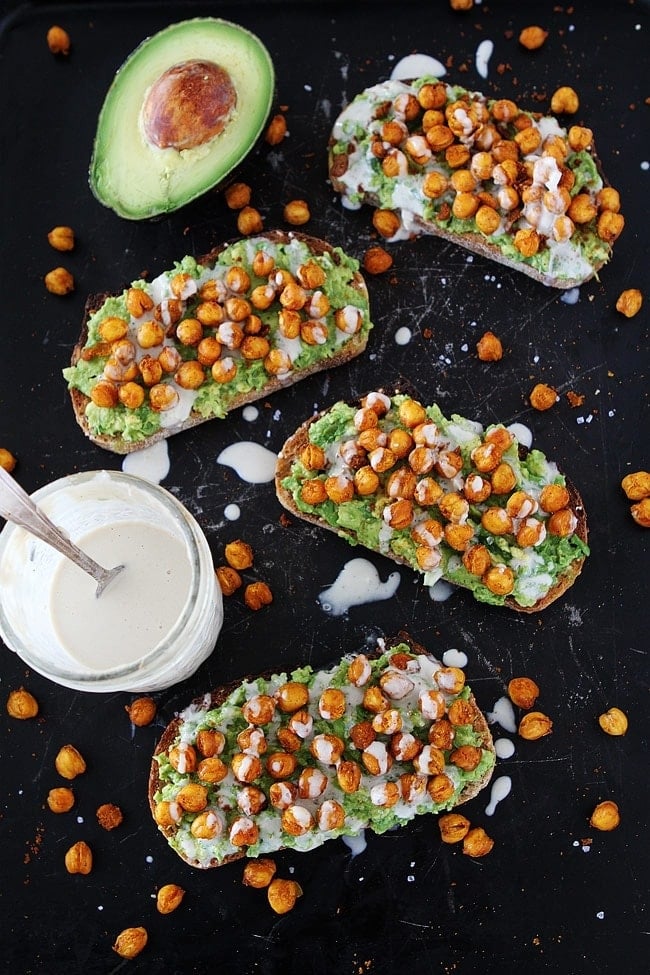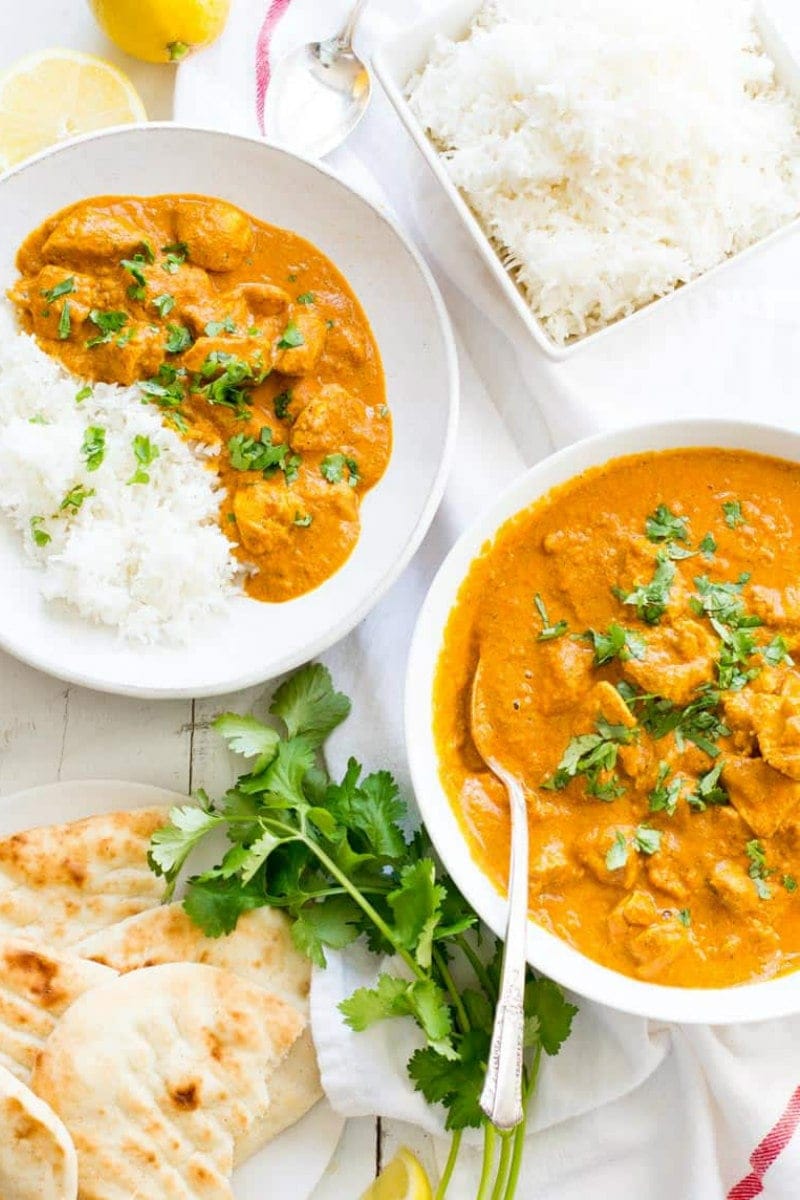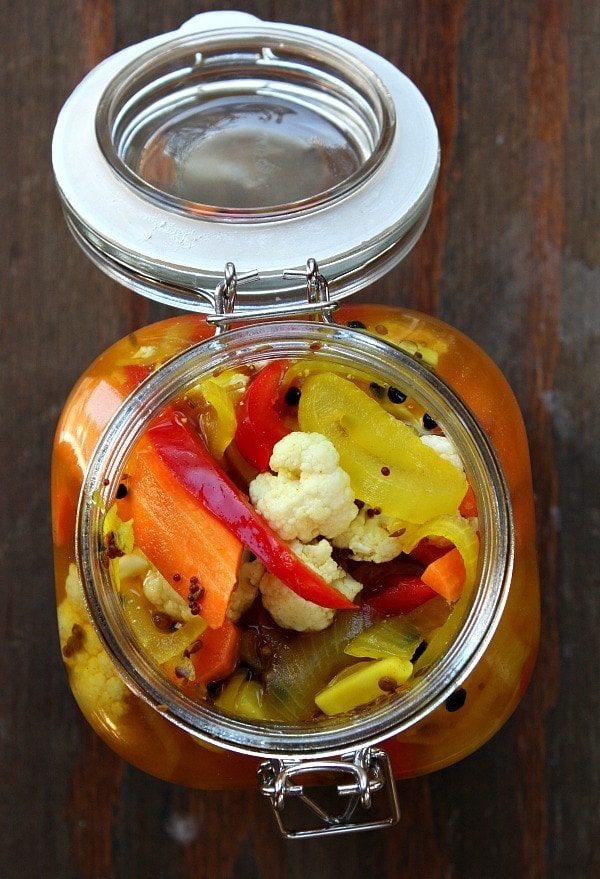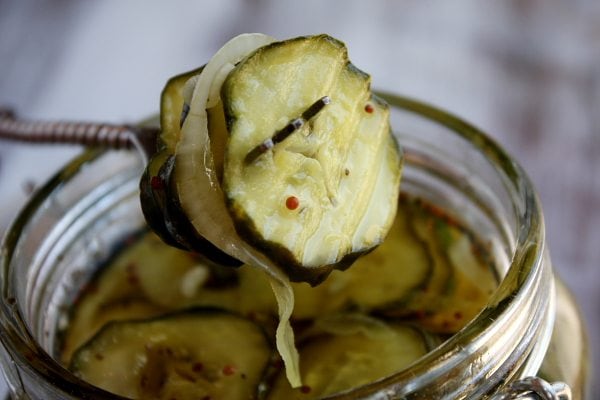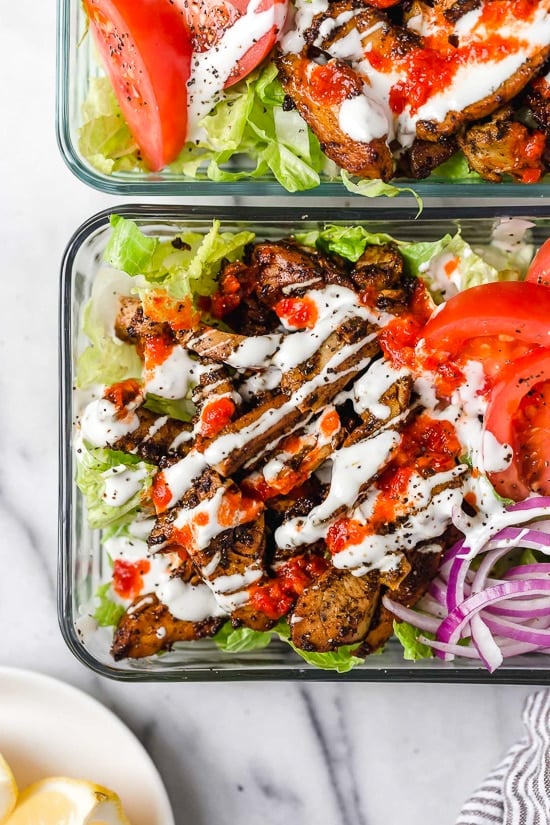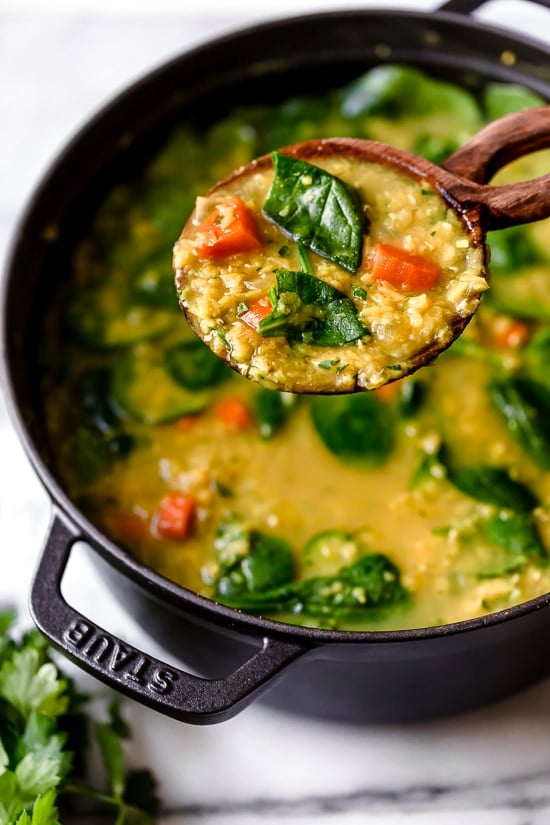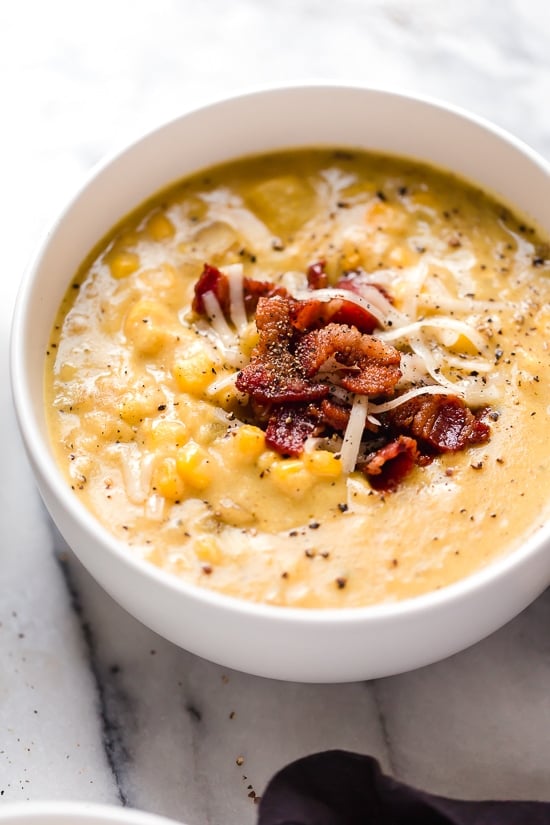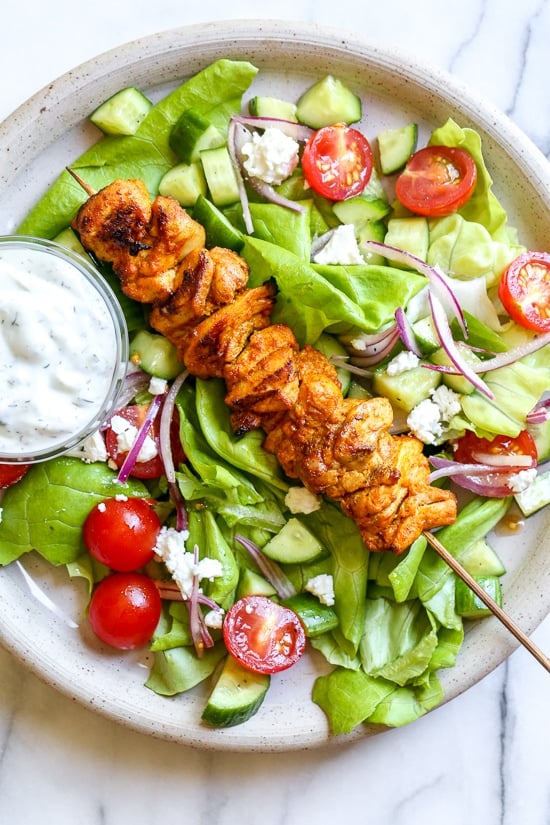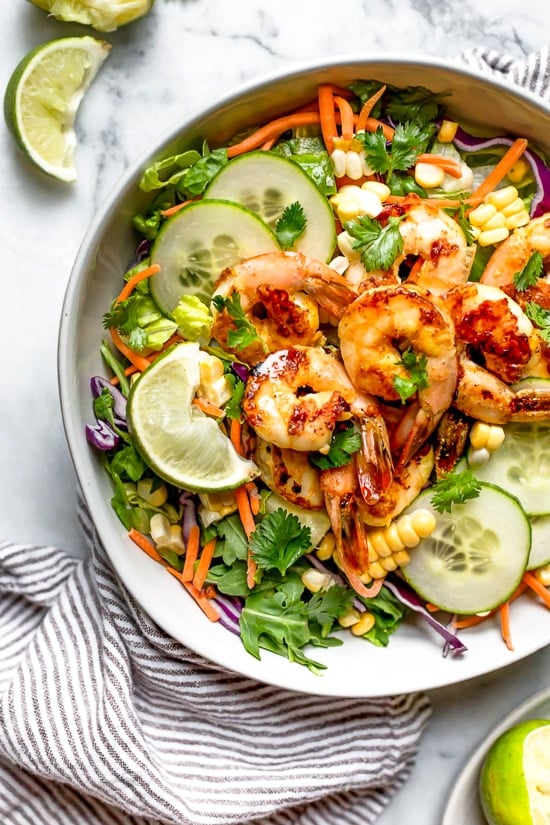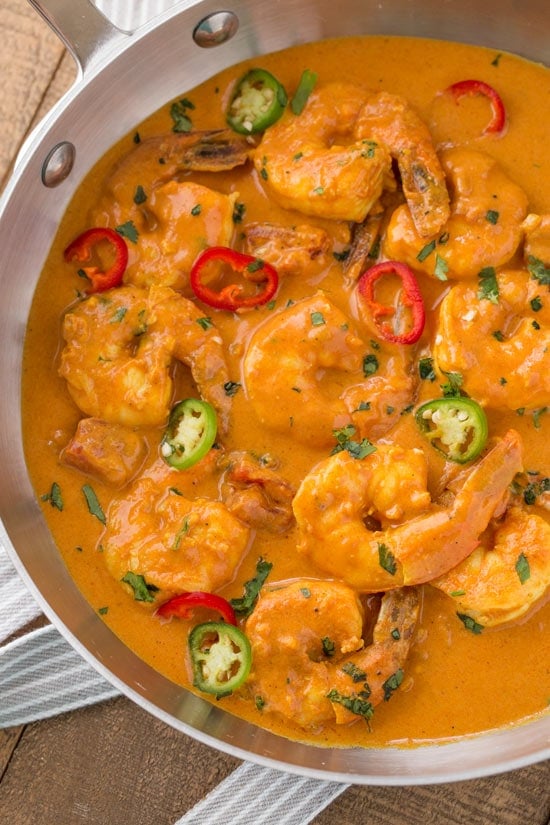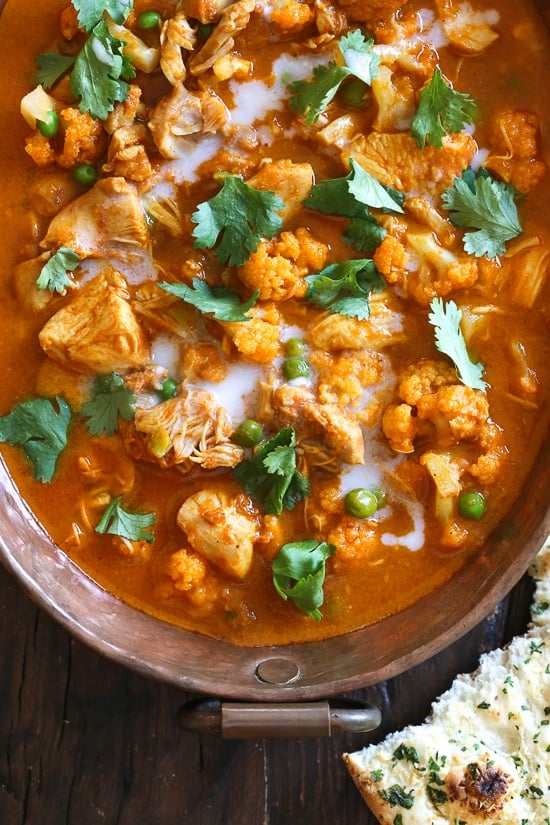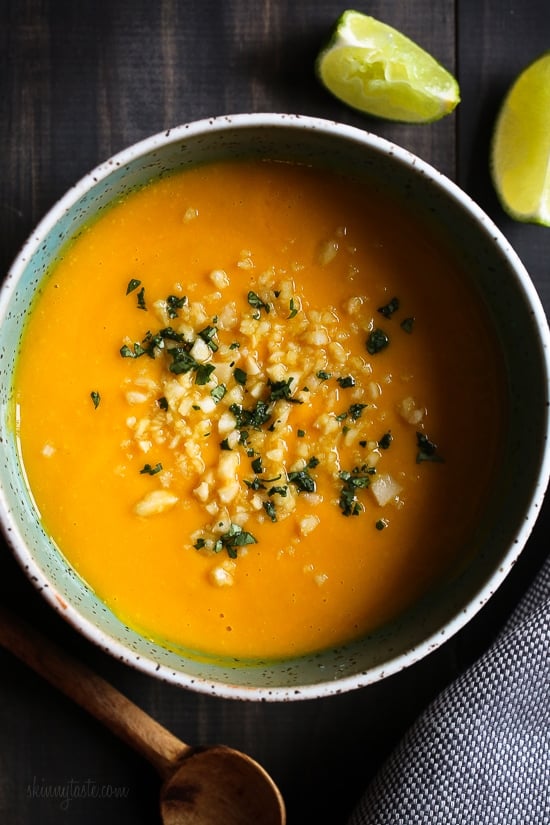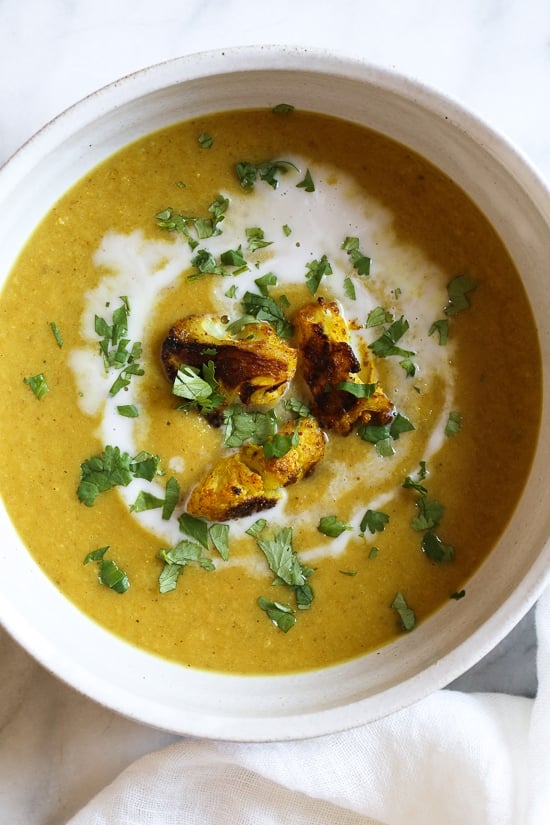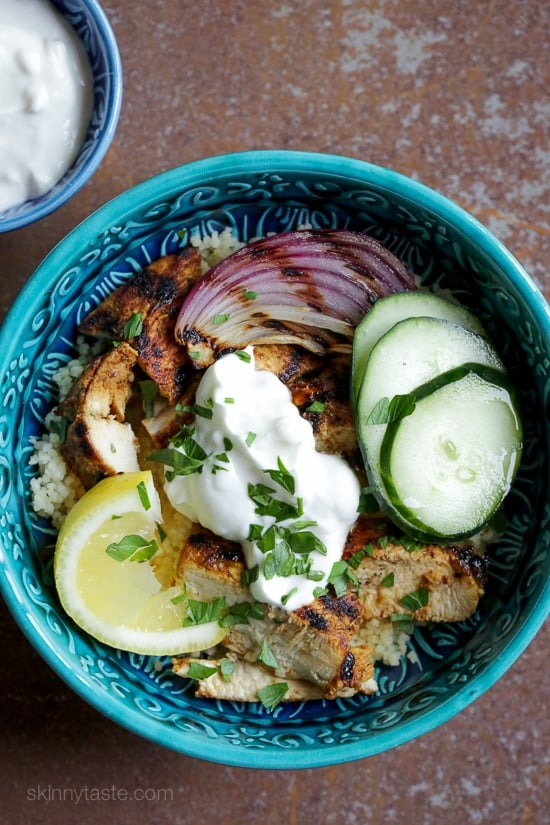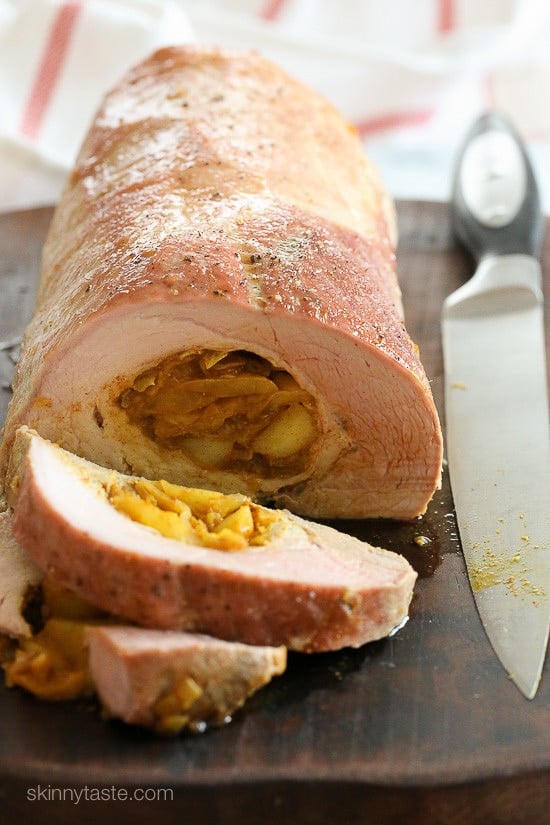Turmeric: Important Facts, Health Benefits, and Recipes
Turmeric is a vibrant yellow spice, commonly known for its potential health benefits, including its anti-inflammatory and antioxidant properties.
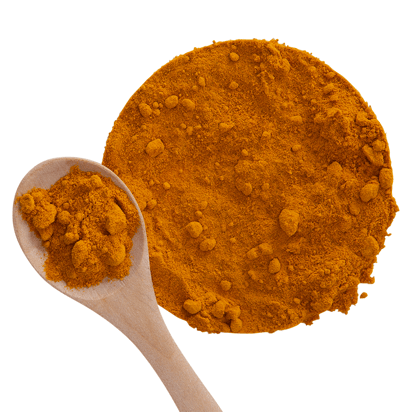
Nutritional Facts
1 tsp
Amount per serving
Calories
9.4
Carbohydrates
2 g
Fat
0.1 g
Protein
0.3 g
Saturated Fat
0.1 g
Sodium
0.8 mg
Fiber
0.7 g
Sugar
0.1 g
Best Turmeric Recipes
-

-
:max_bytes(150000):strip_icc()/__opt__aboutcom__coeus__resources__content_migration__simply_recipes__uploads__2020__12__Jamu-Turmeric-Juice-LEAD-02-ae80d90fd31745d68036338c47648c9c.jpg)
-
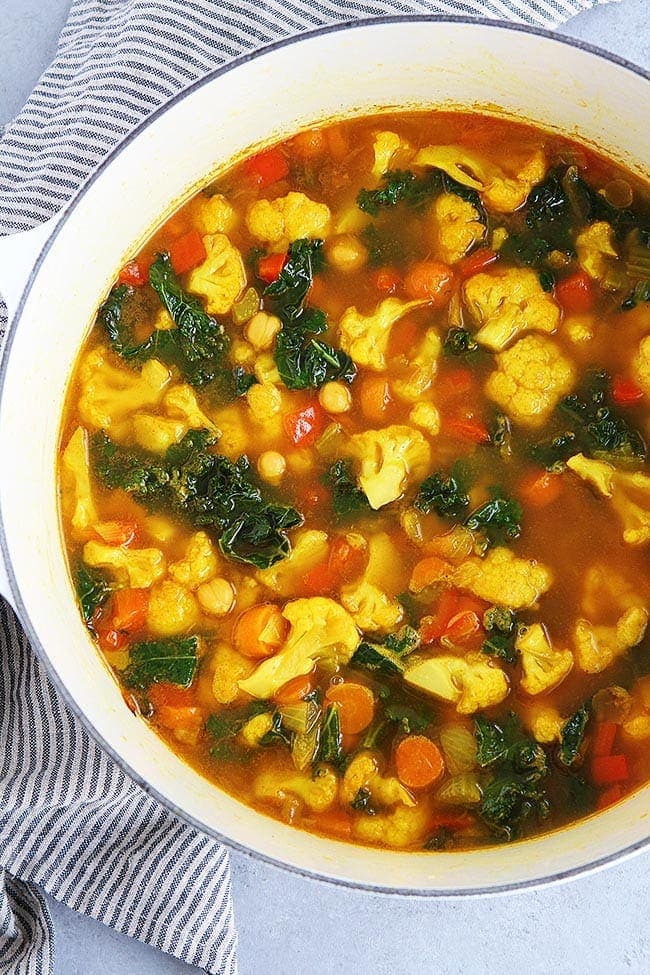
-

-

-

-
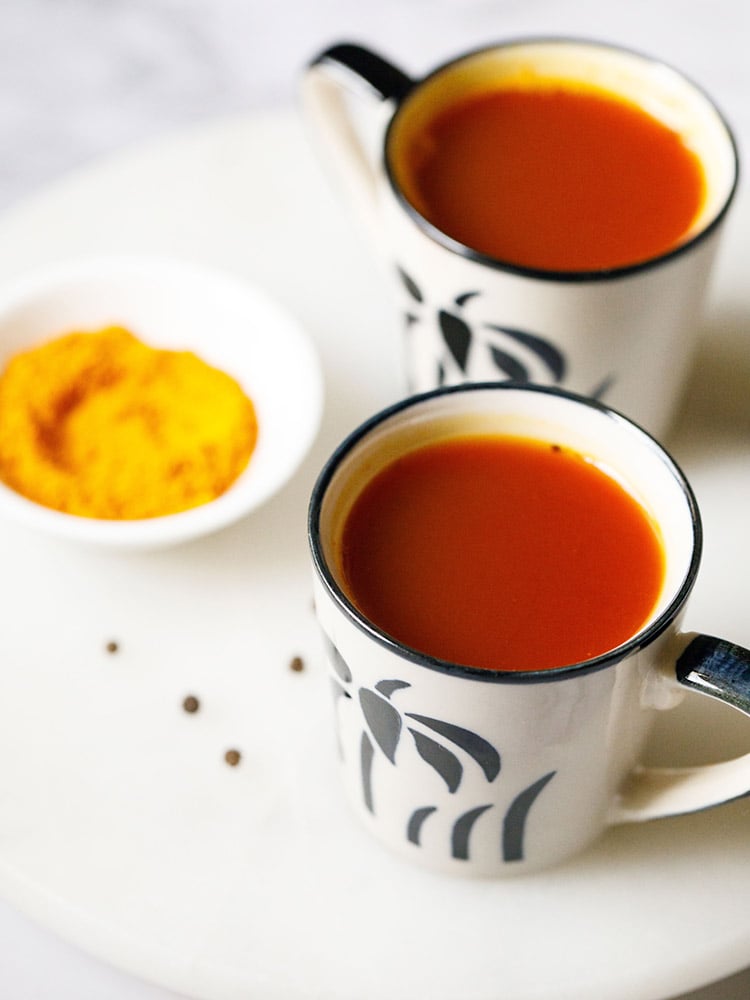
-
:max_bytes(150000):strip_icc()/__opt__aboutcom__coeus__resources__content_migration__serious_eats__seriouseats.com__recipes__images__2012__07__20120723-212926-Turmeric-Grilled-Chicken-Recipe-ac9959974fc64668b5781ead21d0514d.jpg)
-
![The Secret Ingredient (Turmeric): Moroccan Lamb Tagine with Turmeric, Onions, and Olives Recipe Image]()
-
![Turmeric-Garlic Shrimp with Cabbage-Mango Slaw Image]()
-
![Golden Milk Image]()
-
![Berry Turmeric Smoothie Image]()
-
![Tropical Turmeric $2 Smoothie Image]()
-
![Turmeric Fried Rice with Eggs and Kale Recipe Image]()
-
![Honey Turmeric Pork Cutlet with Rainbow Beet and Carrot Salad Image]()
-
![Four Homemade Mustards Image]()
-
![Black Eyed Peas Curry Image]()
-
![Five-Minute Ketchup, Mustard, and Mayo Image]()
-
![Homemade Chicken Tikka Masala Image]()
-
![Chicken Tikka Sandwiches Image]()
-
![Caprese Eggs Benedict Image]()
-
![Tofu Scramble Image]()
-
![Vegetarian Tikka Masala Image]()
-
![Chicken Tikka Masala Image]()
-
![Turmeric Roasted Cauliflower Image]()
-
![Roasted Chickpea Avocado Toast Image]()
-
![Chickpea Shawarma Bowls Image]()
-
![Easy Tandoori Chicken and Vegetables Image]()
-
![Zesty Bread and Butter Pickles Image]()
-
![Indian Butter Chicken Image]()
-
![Pickled Cauliflower Image]()
-
![Bread and Butter Pickles Image]()
-
![Food Cart-Style Chicken Salad with White Sauce Image]()
-
![Red Lentil Soup Image]()
-
![Cauliflower Rice Chicken Biryani Image]()
-
![Cheddar Corn Chowder with Bacon Image]()
-
![Chicken Shawarma Kebab Salad Image]()
-
![Spicy Thai Shrimp Salad Image]()
-
![Chicken Tzatziki Bowl Image]()
-
![Indian Shrimp Curry Image]()
-
![Instant Pot Chicken Tikka Masala with Cauliflower and Peas Image]()
-
![Turmeric Braised Chicken with Golden Beets and Leeks Image]()
-
![Turmeric Roasted Sweet Potato and Macadamia Soup Image]()
-
![Turmeric Roasted Cauliflower Soup Image]()
-
![Grilled Chicken Satay with Spicy Peanut Sauce Image]()
-
![Shawarma-Spiced Grilled Chicken with Garlic Yogurt Sauce Image]()
-
![Apple-Stuffed Pork Loin with Moroccan Spices Image]()
-
![Seattle Sunshine Bowl Image]()


/__opt__aboutcom__coeus__resources__content_migration__serious_eats__seriouseats.com__recipes__images__2011__10__20111030TurmericLambTagine-d7d9fa7a3fb949c5ab1a1ee2ff897bd4.jpg)
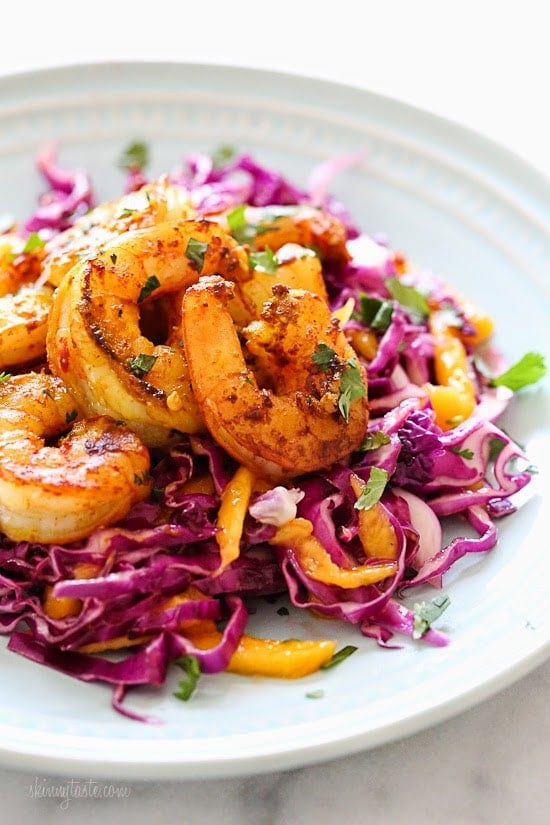



:max_bytes(150000):strip_icc()/__opt__aboutcom__coeus__resources__content_migration__simply_recipes__uploads__2020__05__Turmeric-Fried-Rice-LEAD-2-26c545a7bae7472d9e41e81594234cd4.jpg)

